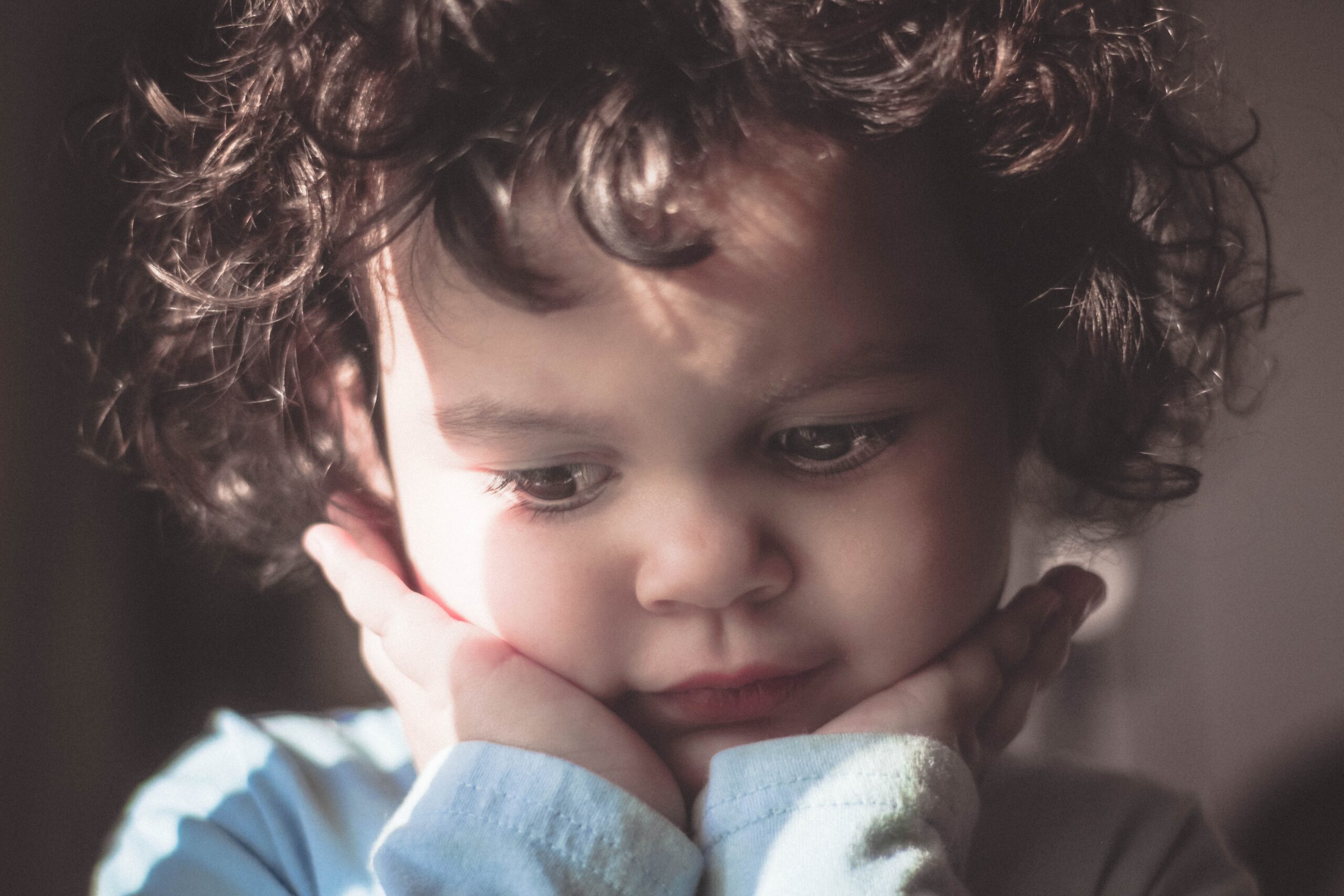In 2019, I offered parents three moves they could use in the face of escalating levels of anxiety in their kids:
- embrace curiosity to have the courageous conversation
- acknowledge the impact of parental stress
- leverage the connections in your family to increase your kids’ sense of safety
Two years later, these are all still appropriate responses. But the pandemic forces us to ask questions that weren’t on the table in 2019.
- How do I answer questions that have no answer like, “When is this going to end?” and “What will high school/college/life be like?”
- How do I give something that I don’t have (peace of mind, answers, confidence, stability)?
- How do I lead my family through uncertainty?
- How much stress is too much?
These are all questions that have emerged in the work that our team has engaged with the select number of families to whom we commit our full resources, providing a range of services including parent coaching. Since these questions all lead to the same answer, let’s start with the last question about shielding our kids from stress.
We know that protecting our kids can sometimes prevent them from learning about their own capacities and growing resilient. Deciding how much exposure is too much is a perennial parenting challenge.
In the last two years, it has gotten easier to slip into being a helicopter parent. Now we have to confront how much we shield our kids in the face of a stressor that we don’t yet understand. How intense is too intense? What is the destabilizing impact of living under regular cycles of uncertainty? And what do we do with our own anxiety about the future?
If we over-expose our kids to stress, they may get so overwhelmed by the possible negative outcomes that they decide to avoid school or social interactions altogether. Down the road, this has sometimes even led to a failure to launch, depriving society of contributing adults.
The possible outcome of your 20-something nesting in your basement also adds stress to parents. According to Lynn Lyons, a therapist and the co-author of “Anxious Kids, Anxious Parents,” in The Atlantic, “This is the essence of our moment. The problem with kids today is also a crisis of parenting today, which is itself growing worse as parental stress rises … so we have a vicious cycle in which adult stress leads to child stress, which leads to more adult stress, which leads to an epidemic of anxiety at all ages.”
OK, deep breath. Smell the (pretend) flowers. Hold for a count of three. Now slowly blow out the (pretend) candles. Good. Are we having fun yet?
(P.S. this is an example of a mindfulness exercise that can help you slow down, release stress, and make better decisions. If you want more, subscribe to my 5-email series where you can learn mindfulness games with your kids.)
If you have read this far, I am guessing that someone in your house struggles with anxiety. Maybe it’s you. Either way, you are looking for answers, solutions, something to move you forward and deflate your stress balloon. As a parent, you are not the cause of your child’s anxiety, but you can be an important part of the solution.
First the good news: addressing anxiety, facing uncertainty, and managing stress will have long-term positive effects on you, your children, and your family. You have already changed the trajectory for you and your family by reading this post.
I’m serious. Even if you put your phone down right now, you have shifted the possible future for your family. You now know that there is someone with resources and a team who can help you and your family achieve your potential. That insight is planted in your brain.
For those who are still reading, here is a taste of what you can achieve:
The parent you are being right now is an expansive version of yourself. That expansive parent can create a whole new trajectory for your family. It’s more than a two-fer (you came here to learn about anxiety and you are leaving with parenting techniques). You stand to create a transformation in the way your family works together and support each other’s growth.
In essence, how you respond to anxiety is how you do everything.
Now the challenging news: it all starts with you. Who you choose to be will dictate what you do and say. You don’t just get what you get. You create it.
So how do you “be” a different parent? More good news: you have all the tools you need. Your family provides you with abundant material to show up in any way that you want. If you are raising kids with a partner, you have another ally. Start small:
- create a morning routine that grounds you before your day tries to sweep you away
- it can be as small as 5 minutes of silent meditation or a few calisthenics or stretches on a yoga mat
- make a commitment to yourself to do your routine for 30 days
- recruit an accountability partner (your partner, your best friend) to do this with you
- agree that you won’t skip any days. Yes, this may mean getting up a little earlier. And, yes, that may mean that you need to go to bed a little earlier.
- make it fun
By investing in yourself, you are feeding the roots of the tree that supports the branches and leaves of your family. What heights they can reach and how they will impact others depends on the strength of the roots and trunk of your family’s tree. And that’s on you.
After 30 days, email me for the next steps.
In addition to these ideas, you can find plenty of free resources (articles, podcasts, and videos) on our Free Resources page.
photo credit: Ricky Turner/Unsplash


0 Comments